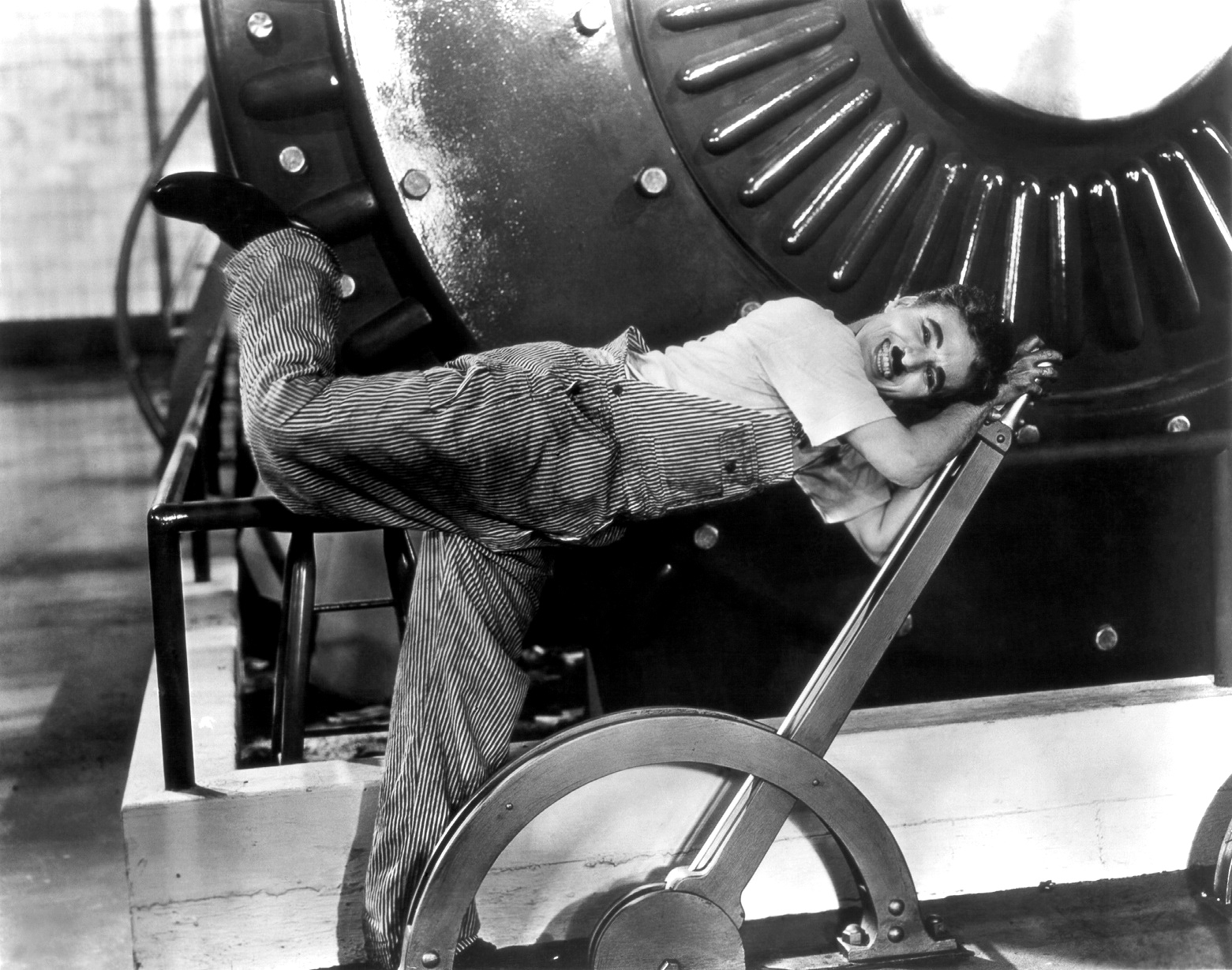
Is US medicine becoming an assembly line?
Boston physicians complain in NEJM that patients are being treated like cars.
Frederick Taylor (1856-1915), one of the first management consultants, helped to make American manufacturing great by discovering the most effective and time-saving way of directing employees to their work. “In the past, the man has been first; in the future, the system must be first” summarises his philosophy.
Two physicians from Beth Israel Deaconess Medical Center and Harvard Medical School in Boston complain in the latest New England Journal of Medicine that “Taylorism has begun permeating the culture of medicine” with the implementation of electronic health records. Here are excerpts from their attack on what they believe to be a drive to treat patients like cars on an assembly line:
Physicians sense that the clock is always ticking, and patients are feeling the effect. One of our patients recently told us that when she came in for a yearly “wellness visit,” she had jotted down a few questions so she wouldn’t forget to ask them. She was upset and frustrated when she didn’t get the chance: her physician told her there was no time for her questions because a standardized list had to be addressed — she’d need to schedule a separate visit to discuss her concerns.
We believe that the standardization integral to Taylorism and the Toyota manufacturing process cannot be applied to many vital aspects of medicine. If patients were cars, we would all be used cars of different years and models, with different and often multiple problems, many of which had previously been repaired by various mechanics. Moreover, those cars would all communicate in different languages and express individual preferences regarding when, how, and even whether they wanted to be fixed. The inescapable truth of medicine is that patients are genetically, physiologically, psychologically, and culturally diverse. It’s no wonder that experts disagree about the best ways to diagnose and treat many medical conditions, including hypertension, hyperlipidemia, and cancer, among others.
To be sure, certain aspects of medicine have benefited from Taylor’s principles. Strict adherence to standardized protocols has reduced hospital-acquired infections, and timely care of patients with stroke or myocardial infarction has saved lives. It may be possible to find one best way in such areas. But this aim cannot be generalized to all of medicine, least of all to such cognitive tasks as eliciting an accurate history, synthesizing clinical and laboratory data to make a diagnosis, and weighing the risks and benefits of a given treatment for an individual patient. Good thinking takes time, and the time pressure of Taylorism creates a fertile field for the sorts of cognitive errors that result in medical mistakes. Moreover, rushed clinicians are likely to take actions that ignore patients’ preferences….
Medical Taylorism began with good intentions — to improve patient safety and care. But we think it has gone too far. To continue to train excellent physicians and give patients the care they want and deserve, we must reject its blanket application. That we’re beginning to do so is shown, for example, by a bill before Congress that would delay implementation of the Meaningful Use Stage 3 criteria for information-technology use in health care. We need to recognize where efficiency and standardization efforts are appropriate and where they are not. Good medical care takes time, and there is no one best way to treat many disorders. When it comes to medicine, Taylor was wrong: “man” must be first, not the system.
https://www.bioedge.org/images/2008images/charlie_chaplin.jpg
Creative commons
https://www.bioedge.org/images/2008images/Chaplin_-_Modern_Times.jpg
commercialization
patient care
Taylorism
- How long can you put off seeing the doctor because of lockdowns? - December 3, 2021
- House of Lords debates assisted suicide—again - October 28, 2021
- Spanish government tries to restrict conscientious objection - October 28, 2021
